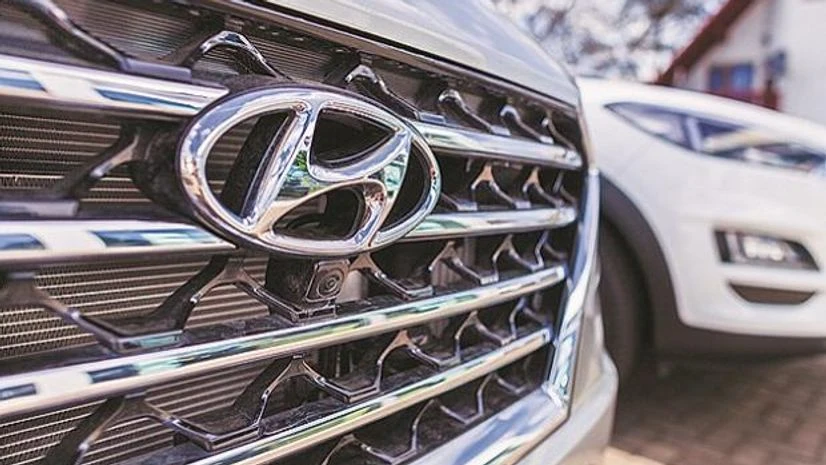Hyundai Motor and its affiliate Kia are set to report a sharp rebound in operating profit for the second quarter on strong demand for their vehicles that offset output disruptions by semiconductor shortages, analysts said on Tuesday.
Hyundai and Kia, which together form the world's fifth-biggest carmaker by sales, are expected to have posted operating profits of 1.86 trillion won ($1.6 billion) and 1.34 trillion won, respectively, for the quarter ended June 30, according to a median forecast of local brokerages.
In the year-ago quarter, Hyundai's and Kia's operating profits more than halved to 590 billion won and 145 billion won, respectively, as the coronavirus outbreak drove down global vehicle demand.
Hyundai and Kia are forecast to report sales of 29.06 trillion won and 17.75 trillion won, respectively, in the second quarter, up from 21.86 trillion won and 11.37 trillion won a year earlier, reports Yonhap news agency.
Behind the carmakers' quarterly earnings rebound are robust sales of their high-end vehicles in the domestic and the world's most important U.S. markets among others, analysts said.
Also Read
"A combination of (their) improved product mix, lower incentives and higher average selling prices (particularly) in the U.S. market helped offset the impact of chip shortages and boost profits in the second quarter," Song Sun-jae, an analyst at Hana Financial Investment Co., said in his research notes.
From January to June, Hyundai and Kia sold a combined 3.47 million vehicles, up 25 percent from 2.77 million units in the same period of last year.
They aim to sell a total of 7.08 million autos this year, 1.7 percent lower than the 7.2 million units they sold last year.
In the second half, Hyundai and Kia said they will continue to focus on promoting their new models, including Hyundai's all-electric IONIQ 5 crossover utility vehicle and Kia's K8 sedan and all-electric EV6 model, to ride out the COVID-19 pandemic crisis.
--IANS
na/
(Only the headline and picture of this report may have been reworked by the Business Standard staff; the rest of the content is auto-generated from a syndicated feed.)

)
